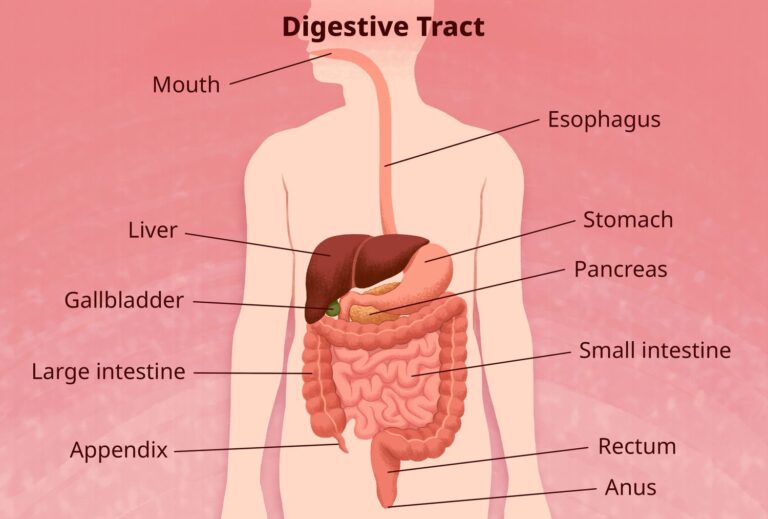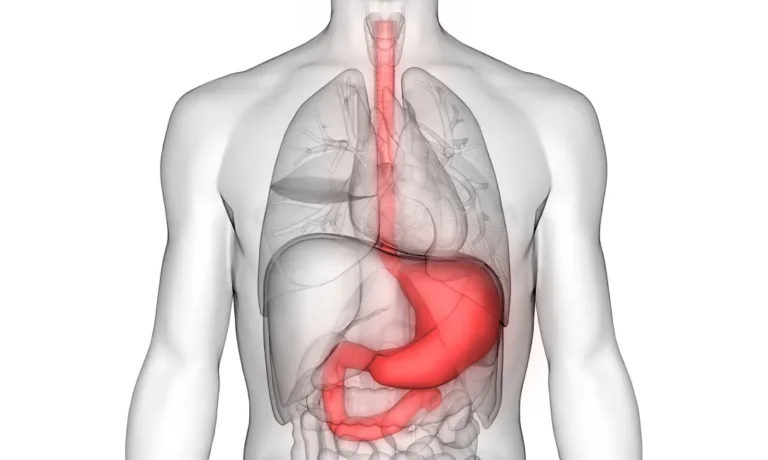Understanding FODMAPs: A Revolutionary Approach to Digestive Health
As a gastroenterologist practising in Dubai, I see patients daily who struggle with digestive discomfort. Common complaints range from bloating and constipation to irritable bowel syndrome (IBS) and food intolerances. While medications can provide relief, many patients are increasingly interested in dietary interventions to manage their symptoms. One approach garnering much attention is the Low FODMAP diet, which has emerged as an effective strategy to combat various gastrointestinal ailments.
What are FODMAPs?
FODMAP is an acronym that stands for Fermentable Oligosaccharides, Disaccharides, Monosaccharides, and Polyols. These are specific types of carbohydrates found in various foods, including some fruits, vegetables, grains, legumes, dairy products, and sweeteners. They are known to draw water into the intestinal tract and are rapidly fermented by bacteria, which can lead to bloating, gas, and pain. For some people, particularly those with IBS, consumption of high-FODMAP foods can trigger uncomfortable and sometimes debilitating symptoms.
The Low FODMAP Diet: An Overview
The Low FODMAP diet, originally developed by researchers at Monash University in Australia, is a three-phase approach aimed at identifying which specific FODMAPs an individual can tolerate:
Elimination Phase: During this initial phase, all high-FODMAP foods are avoided for about 2-6 weeks. The goal is to achieve the maximum reduction in symptoms.
Reintroduction Phase: After symptom relief is achieved, high-FODMAP foods are gradually reintroduced into the diet, one type at a time. This helps identify which foods trigger symptoms.
Personalization Phase: After identifying the trigger foods, the diet is adjusted accordingly. High-FODMAP foods that do not trigger symptoms can be included in the diet again.
Does It Work?
Research supports the Low FODMAP diet as an effective intervention for IBS. Studies show that up to 86% of patients with IBS experience symptom relief when following this diet under the guidance of a healthcare professional. Many of my patients with troublesome bloating, gas and abdominal discomfort after a meal also benefit from trying this approach.
Challenges and Considerations
While the Low FODMAP diet can be a game-changer for many individuals, it is not without its challenges. Adherence can be difficult due to the diet’s complexity and the need to significantly limit certain foods. Moreover, there are potential risks of nutrient deficiencies and an altered gut microbiota profile due to the restriction of high-FODMAP fruits, vegetables, and legumes.
This is where the role of a dietitian or a knowledgeable healthcare provider becomes crucial. Working with a professional can ensure that you’re meeting all nutritional needs while adhering to the diet, and can help streamline the process of reintroducing foods.
Conclusion
The Low FODMAP diet has brought relief to many of my patients struggling with digestive disorders, particularly those with IBS. However, it is not a one-size-fits-all solution. If you’re considering this diet, consult with a healthcare provider first to determine if it’s the right fit for you. Implementing dietary changes can be a complex process, but with careful planning and professional guidance, it’s entirely possible to improve digestive health while enjoying a diverse and satisfying diet.
If you want to read more about the low FODMAP diet check out the link to the Monash University FODMAP website here: https://www.monashfodmap.com/about-fodmap-and-ibs/
For Queries regarding Gastroenterology feel free to reach out on
hello@drneildubai.com
or
Whatsapp me at +971506708472
or
Visit me at @healthbayclinic ‘s Day Surgery Center, 977 Al Wasl Road, Dubai







